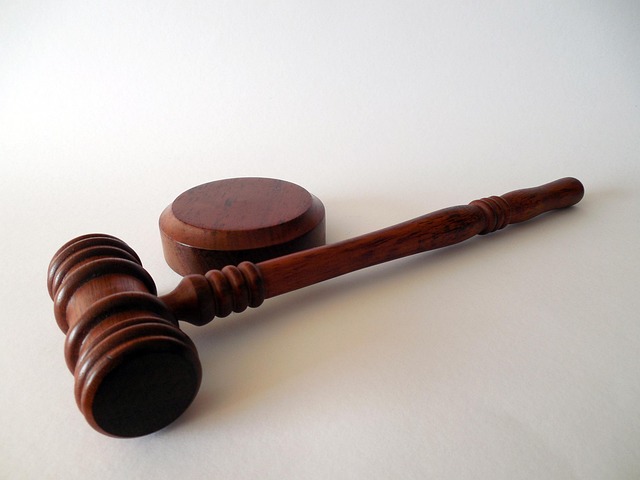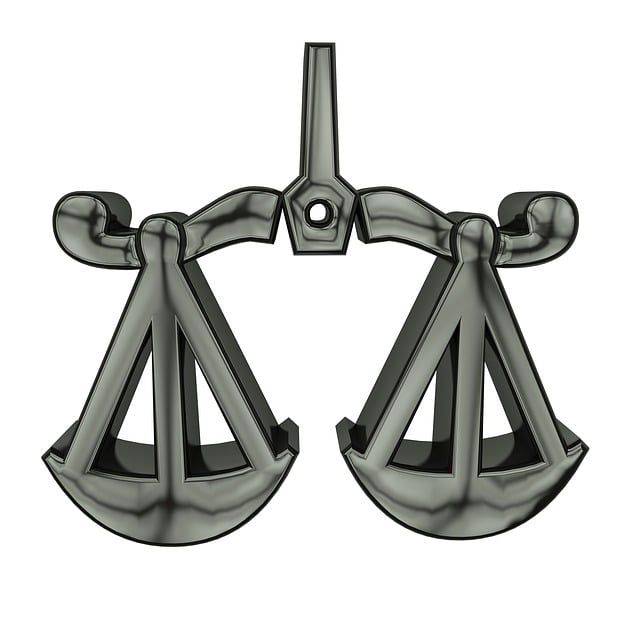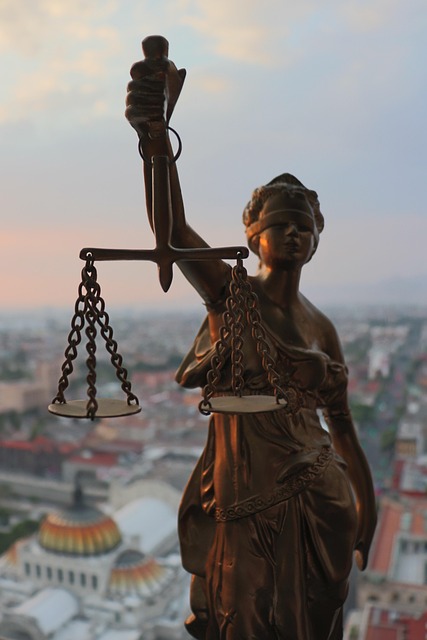Whistleblower protection laws are crucial legal tools that safeguard individuals who expose illegal or unethical activities within organizations, especially during high-stakes civil litigation for business partnership issues. These laws encourage disclosures without fear of retaliation, guiding through investigative and enforcement processes. Remedies like reinstatement and back pay are available under whistleblower statutes. In complex business disputes, civil litigation resolves contract, intellectual property, and ethical violations, upholding rights and contributions of all parties. Businesses can minimize exposure by implementing strong internal policies, enhancing transparency, and providing training on whistleblowing rights. Case studies show that whistleblower protection lawsuits have maintained ethical standards and encouraged corporate governance changes, acting as powerful deterrents against future misconduct.
“Whistleblower protection lawsuits pose significant challenges for businesses, often arising from internal disputes. This article delves into the intricate world of whistleblower laws, exploring how they protect individuals who expose corporate wrongdoing. We examine scenarios where business partnerships sour and civil litigation becomes a resolution tool. Additionally, we offer strategic insights for businesses to safeguard against such claims. Through case studies, we analyze notable lawsuits and their impact on corporate governance, emphasizing the importance of understanding and adhering to whistleblower protection legal frameworks.”
- Understanding Whistleblower Protection Laws: A Legal Framework
- When Does a Business Partnership Turn Into a Legal Battle?
- The Role of Civil Litigation in Resolving Partnership Disputes
- Strategies for Businesses to Protect Against Whistleblower Claims
- Case Studies: Notable Whistleblower Protection Lawsuits and Their Impact
Understanding Whistleblower Protection Laws: A Legal Framework
Whistleblower protection laws are a crucial legal framework designed to safeguard individuals who expose illegal or unethical activities within their organizations. These laws empower employees and citizens to come forward with concerns, knowing they will be protected from retaliation. In the context of civil litigation for business partnership issues, these protections are especially vital when dealing with high-stakes cases. They ensure that whistleblowers can voice their concerns without fear of losing their jobs or facing legal repercussions.
Understanding these laws involves navigating all stages of the investigative and enforcement process. This includes initial disclosures, fact-finding, and eventual legal actions. Whistleblower protection statutes often provide for various remedies, such as reinstatement, back pay, and attorney’s fees, especially in cases where a general criminal defense strategy is not applicable. The goal is to foster an environment where employees feel empowered to play their part in maintaining ethical standards within their organizations.
When Does a Business Partnership Turn Into a Legal Battle?
When a business partnership turns sour, it can often escalate into a legal battle, especially when critical information is disclosed or allegations of wrongdoing surface. In such cases, civil litigation for business partnership issues becomes a common path. This legal process arises when one partner believes their rights have been violated by the other, leading to disputes over contracts, intellectual property, or even unethical practices within the organization.
Such conflicts may arise from various situations, including misaligned business goals, breaches of fiduciary duty, or the revelation of sensitive information that could impact the company’s reputation. For instance, a partner who uncovers fraudulent activities might feel compelled to speak up, but this act could expose them to significant risks. By initiating civil litigation, these whistleblowers aim to hold accountable those responsible while also ensuring their own protection from potential retaliation, which sometimes includes avoiding indictment in legal proceedings.
The Role of Civil Litigation in Resolving Partnership Disputes
In many instances, resolving partnership disputes involves more than just mediation or arbitration. Civil litigation plays a crucial role in addressing complex issues that arise within business partnerships. When disagreements lead to legal conflicts, civil courts become the arena where key decisions are made and rights are upheld. This process is particularly relevant for high-stakes cases involving significant financial implications or matters of public interest.
Across the country, philanthropy and political communities have increasingly recognized the value of robust litigation in safeguarding their interests. Civil litigation allows stakeholders to present evidence, argue their cases, and seek remedies tailored to specific circumstances. Whether addressing breaches of fiduciary duty, partnership dissolutions, or disputes over intellectual property, these legal proceedings aim to provide clear resolutions that respect the rights and contributions of all involved parties.
Strategies for Businesses to Protect Against Whistleblower Claims
Businesses facing potential whistleblower protection lawsuits should focus on proactive strategies to mitigate risks. One key approach is to establish robust internal policies and procedures that discourage unethical behavior and encourage employees to report concerns internally, rather than externally to authorities. These policies should be clearly communicated across all levels of the organization, ensuring transparency and accountability throughout the company.
Additionally, businesses can invest in comprehensive training programs to educate employees about their rights and responsibilities regarding whistleblowing. By fostering a culture of ethical conduct and open communication, companies can reduce the likelihood of whistleblower claims. Effective internal investigation processes, which include documenting and addressing violations promptly, can also serve as a deterrent against potential legal action. These strategies, when implemented across the country, can help businesses navigate all stages of the investigative and enforcement process related to white collar and economic crimes, ultimately protecting against costly civil litigation for business partnership issues.
Case Studies: Notable Whistleblower Protection Lawsuits and Their Impact
Whistleblower protection lawsuits have been pivotal in upholding ethical standards and ensuring accountability within organizations. Case studies reveal notable instances where individuals have taken legal action against their respective businesses for uncovering fraudulent or illegal activities. These lawsuits not only protect whistleblowers but also send a powerful message to corporations, emphasizing the importance of integrity and compliance.
One such case involves a former employee who exposed accounting irregularities at a prominent corporation. Through civil litigation, they achieved extraordinary results, leading to significant changes in corporate governance. This lawsuit set a precedent, encouraging more individuals to come forward with vital information. The impact extended beyond the immediate resolution, as it prompted regulatory bodies to strengthen whistleblower protection laws, ensuring better support and incentives for those who risk their careers to uphold justice. These jury trials serve as a powerful tool, enabling whistleblowers to seek justice and deter future misconduct within business partnerships.
Whistleblower Protection Lawsuits, while complex, offer a crucial legal framework to safeguard employees who expose corporate misconduct. Understanding these laws, recognizing potential disputes within business partnerships, and employing strategic protections are essential steps for businesses to navigate this delicate landscape. Civil litigation plays a pivotal role in resolving such conflicts, providing a platform for accountability and justice. By learning from notable cases and implementing proactive measures, businesses can foster ethical practices while mitigating the risk of costly lawsuits. Employing these strategies ensures a more transparent and fair environment for all stakeholders involved.






